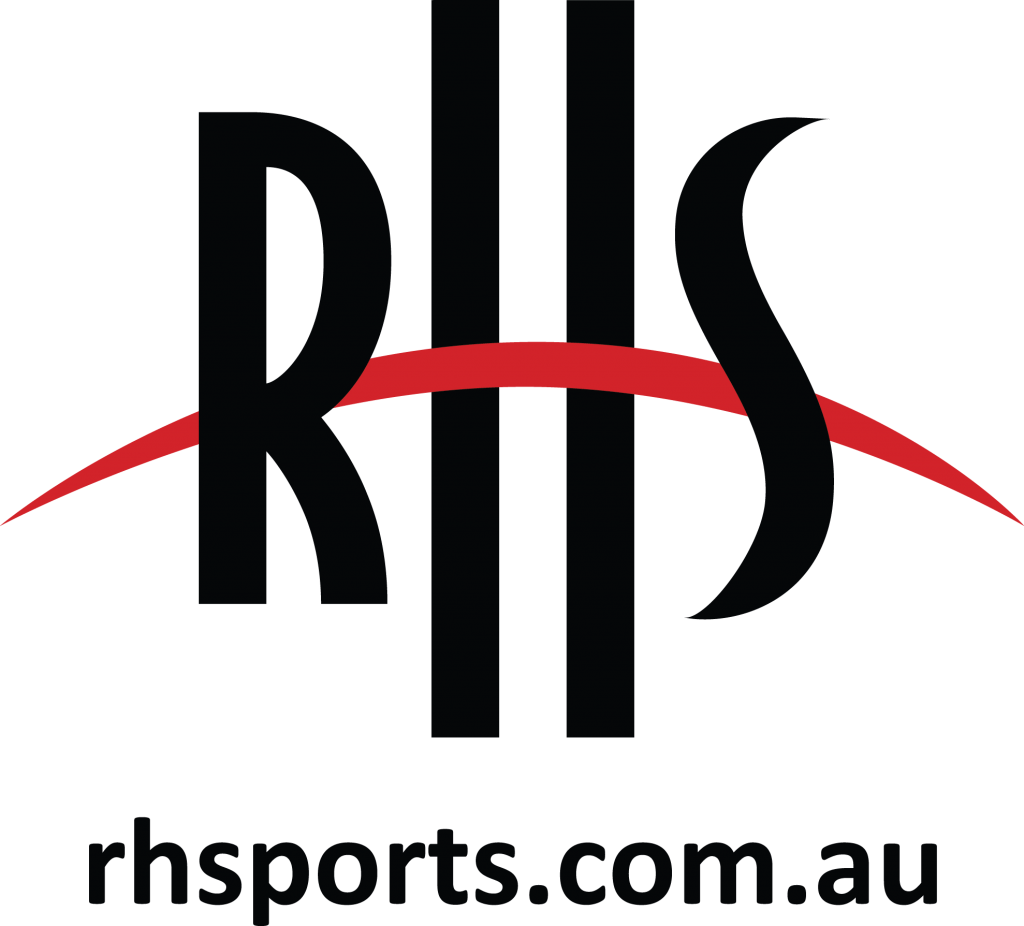HMS syllabus: An introduction
October 2023
By Janice Atkin, ACHPER NSW

Blog series exploring the new HMS syllabus.
By now you would know NESA has released the new Health and Movement Science (HMS) 11–12 Syllabus. It will replace the Stage 6 PDHPE syllabus from 2025.
In this first blog of our series, we take a high-level look at the new syllabus changes and features.
Course structure
The HMS syllabus has a very different structure to the current course. In the new syllabus there are no Option modules. Both years are organised into two focus areas:
- Year 11 Focus Areas
- Health for individuals and communities
- The body and mind in motion.
- Year 12 Focus Areas
- Health in an Australian and global context
- Training for improved performance.
To replace the Option modules, the new syllabus now includes:
- Depth Studies embedded in Years 11 and 12; and
- A Collaborative Investigation embedded in Year 11.
There is a much stronger focus on skill development through learning. The skills of collaboration, analysis, communication, creative thinking, problem-solving and research underpin the syllabus content.
Digital curriculum
The HMS syllabus is the first of our learning area courses to be delivered on the digital curriculum website. We recommend you both:
- View it on the website; and
- Print a copy to annotate.
TIP: The syllabus and the teaching and learning support resources are downloaded as separate documents. Here’s how:
- Go to the NSW Curriculum website
- For the syllabus – click the “Download View” button under the main heading.
- For the teaching and learning resources -click the “Teaching and Learning Support” tab
Content structure
Content is no longer presented as Learn abouts and Learn to’s. Syllabus content is now written with the knowledge and skills included in single content description. The content also includes examples that support an understanding of the depth and detail expected to be taught.
Collaborative Investigation
The Collaborative Investigation provides opportunities for students to develop knowledge and skills to support their own and others’ health and movement. The investigation must be completed in groups and must culminate in a presentation of findings and research report.
When assessing student work in the Collaborative Investigation you must provide an individual and group assessment.
Key questions to consider when planning your Collaborative Investigation include:
- Could you teach focus areas across two separate modules to cover the research aspects early to give students more time to plan and complete their investigation?
- Could you have different students completing their investigation at different times?
- Can the investigation be aligned with / informed by your Depth Studies?
- Do you structure the completion of Collaborative Investigation into your programmed lessons or will students do tasks outside of class time?
- How many students in each group? Who decides groups?
- Could there be real-world audience outside of the school that students present their findings to?
Depth studies
Depth Studies provide students with opportunities to develop, consolidate or apply a depth of understanding of health and movement concepts. In Year 11 it is up to schools to decide if they will be formally assessed. In Year 12 at least one depth study must be formally assessed.
TIP: It is crucial to read the Teaching and learning support documents on Depth Studies and Collaborative Investigation before you start your planning.
In Year 11 there is a minimum of two Depth Studies – they do not have to be assessed BUT could you build a task around a Depth study.
Key questions to consider when planning your Depth Studies include:
- How many Depth Studies will you include? Minimum of two but you could do more? What are the pro’s and cons of doing additional?
- Is there content that you want to spend more time on to ensure strong understanding?
- Do you need to engage experts to support learning in Depth Study topic areas? If so, who are the local experts? Who or what can you access virtually to enhance your teaching?
- What topics will be of greatest interest to your students? Should these form the basis of your Depth Studies? Does this mean the topics will change with each new cohort coming through?
Case studies, practical application, and research
The new syllabus requires case studies, practical application and research skills to be integrated throughout student learning in the two focus areas in each year:
- Year 11 the Collaborative Investigation
- Year 11 and 12 the Depth Studies.
A case study can refer to a real-life or hypothetical event, organisation, individual or group of people, and/or issue. In the HMS syllabus case studies can be used to explore, compare and contextualise health and movement concepts.
Practical application allows students to develop a hands-on understanding of health and movement concepts and an understanding of how theory can be applied to real-life situations. The Teaching Advice document provides examples of ways to integrate practical application opportunities in your teaching.
The research skills students require to undertake a Collaborative Investigation or Depth Studies are embedded in the content statements. Authentic opportunities have been identified in each focus area for students to develop an understanding of research methodologies through practical application of content. You may also find other opportunities to embed and develop students’ research skills throughout the content.
Assessment requirements
The assessment requirements for the HMS syllabus are similar to those we have been working with in Stage 6 PDHPE. The new syllabus still requires a weighting of tasks that equates to:
- 40% knowledge and understanding
- 60% skills.
The three assessment task requirement in Year 11 still exists so you will need to consider how this will impact on the balance of tasks across the two focus areas. The Collaborative Investigation must be part of your school based assessment schedule in Year 11. If you include an end of year exam as part of your formal assessment schedule it may limit the choice of content and outcomes that can be addressed by the Collaborative Investigation task.
ACHPER NSW will be presenting assessment-focused workshops in 2024 to support teachers to work through the logistics of setting up high quality, fair and manageable assessment programs for HMS. NESA has also stated there will be further resources and advice provided in relation to the HSC exam within 6 months of the syllabus release.
Translating the syllabus into school programs
As you become familiar with the syllabus, you will see many opportunities for integration, delving deeply into content and embedding research, investigation, collaboration and the other skills into your programs.
Every school is different. As we work with teachers during our professional learning sessions, we will present a range of different programs. For example:
- for small schools who may not have 100% contact hours with students, where flipped learning may be essential
- for schools who may be working in a compressed HSC setting, or
- for schools that may have multiple classes in the same year.
More information


